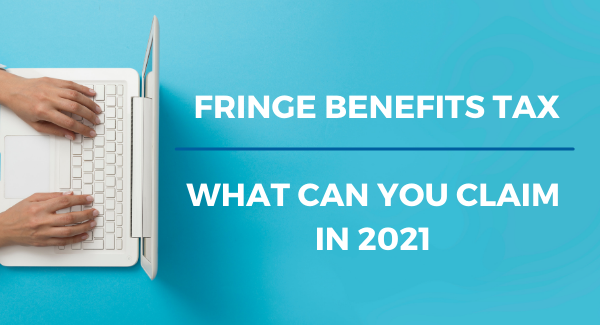If you provide car parking for your employees, you may have to pay fringe benefits tax (FBT) on those benefits.
A car parking fringe benefit will generally arise if an employer provides car parking to an employee and various conditions are satisfied, including:
- the car is parked at premises owned or leased by, or otherwise under the control of, the provider (usually the employer);
- the car is parked for a total of more than 4 hours between 7am and 7pm on any day of the week;
- the car is parked at or near the employee's primary place of employment on that day;
- the car is used by the employee to travel between home and work (or work and home) at least once on that day;
- there is a commercial parking station that charges a fee for all-day parking within one kilometre of the premises on which the car is parked;
- at the beginning of the FBT year (1 April 2021 for the current FBT year), the commercial parking station fee for all-day parking was more than the car parking threshold ($9.25 for the current FBT year) – provided the fee is not substantially greater or less than the average (over a 4-week period) of the lowest fee charged to members of the public for all-day parking.
A recent court case decided that Virgin Airlines did not have to pay FBT on car parking provided at airports to its flight and cabin crew, primarily because their primary place of employment was the aircraft they flew on – and clearly an employee’s car was not parked at or near the aircraft.
Exemptions
Car parking benefits are exempt from FBT where the benefits are provided:
- by employers who meet the conditions of the small business car parking benefits exemption (see below);
- by certain research, education, religious and charitable institutions; and
- for employees with a disability (irrespective of the type of employer).
Small business car parking benefits exemption
The small business car parking benefits exemption applies if the following conditions are satisfied:
- the parking is not provided in a commercial car park; and
- for the last income year before the relevant FBT year, either the employer's
- gross total income was less than $10 million or their turnover was less than $10 million (less than $50 million for benefits provided on or after 1 April 2021).
This exemption is not available to government bodies, listed public companies, or subsidiaries of listed public companies.
In 2019, the ATO changed its views on aspects of the car parking fringe benefits rules, especially in relation to what qualifies as a commercial car parking station. The changed views will not apply until 1 April 2022. But talk to your tax adviser before then if you provide car parking for employees.
FBT rates and thresholds
Various rates and thresholds relevant for calculating FBT are updated on 1 April each year. Updated figures for the current FBT year (i.e. 2021–22) include:
- record-keeping exemption threshold – $8,923 (previously $8,853);
- statutory or benchmark interest rate – 4.52% (previously 4.80%);
- car parking threshold – $9.25 (previously $9.15).
The cents-per-km rates (for motor vehicles other than cars) for the 2021-22 FBT year are:
| 0-2500cc | Over 2500cc | Motorcycles |
| 56c | 67c | 17c |
These are unchanged from the 2020–21 FBT year.
Weekly food and drink expenses
The weekly food and drink expenses for the 2021–22 FBT year that the ATO accepts as reasonable for a living-away-from-home allowance (LAFHA) paid to employees living away from home within Australia are:
| Per week $ | |
| 1 adult* | 283 |
| 2 adults | 425 |
| 3 adults | 567 |
| 1 adult and 1 child | 354 |
| 2 adults and 1 child | 496 |
| 2 adults and 2 children | 567 |
| 2 adults and 3 children | 638 |
| 3 adults and 1 child | 638 |
| 3 adults and 2 children | 709 |
| 4 adults | 709 |
| Each additional adult | 142 |
| Each additional child | 71 |
*A person is considered an adult for LAFHA purposes if they were 12 years or older before the beginning of the FBT year.
The weekly food and drink expenses for the 2021–22 FBT year that the ATO accepts as reasonable for a living-away-from-home allowance (LAFHA) paid to employees living away from home outside of Australia are set out in Taxation Determination TD 2021/3.
Share this
You May Also Like
These Related Stories

COVID-19 and Fringe Benefits Tax (FBT): Do you know what you can claim?

The Fringe Benefit Tax traps

/Brand/Logos/Kelly%20Partners%20Accountants%20Logo/Kelly-Partners-Accountants-Horizontal-Logo.webp?width=1500&height=212&name=Kelly-Partners-Accountants-Horizontal-Logo.webp)